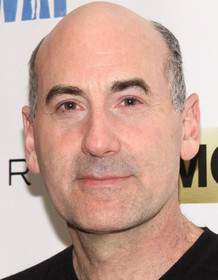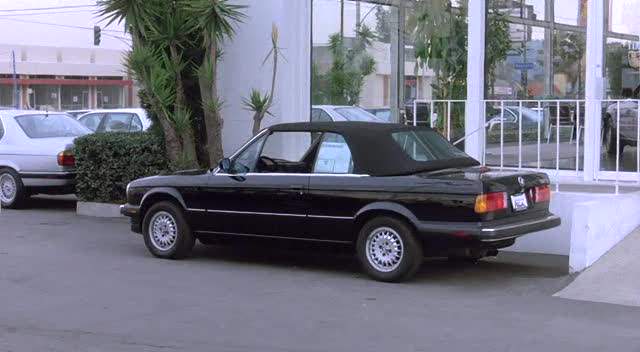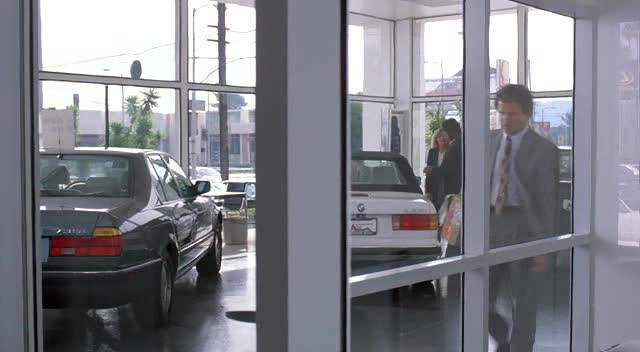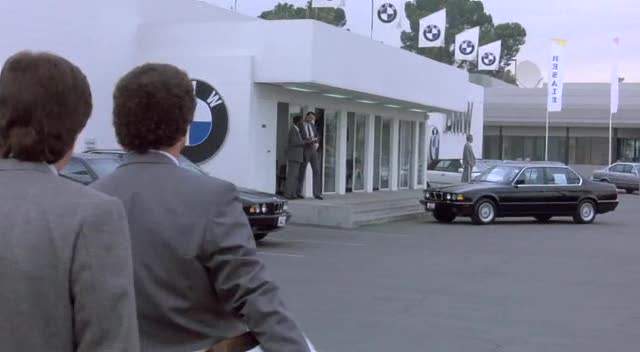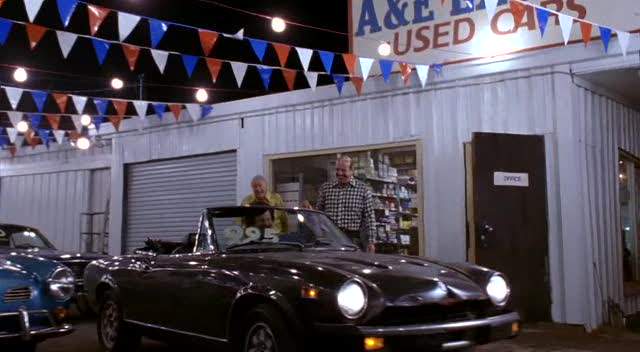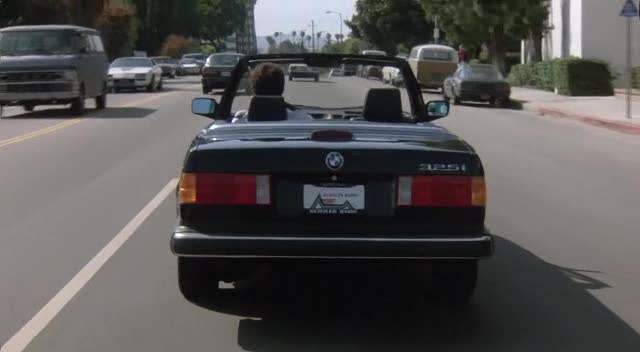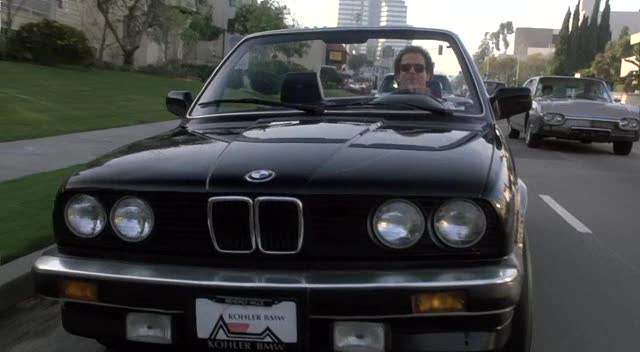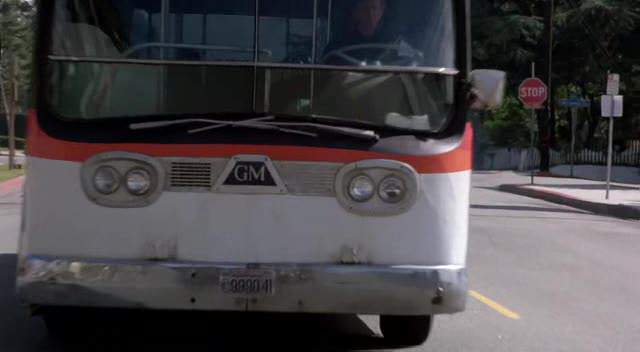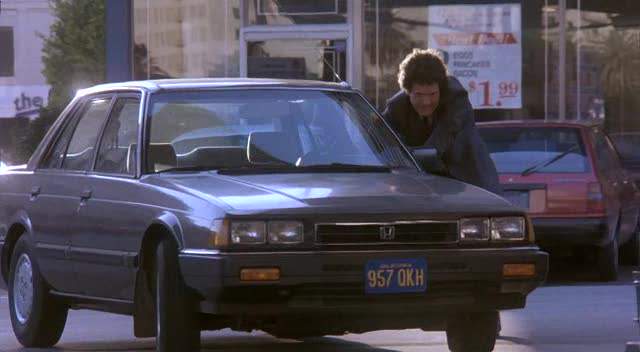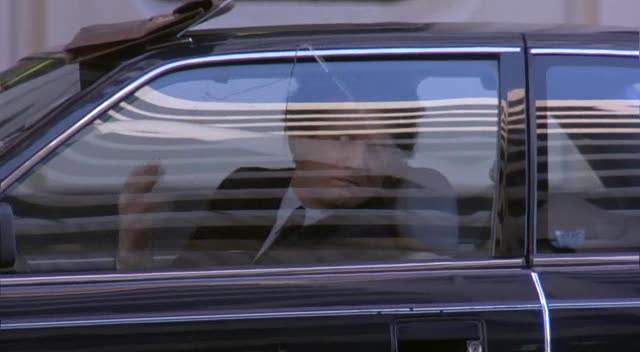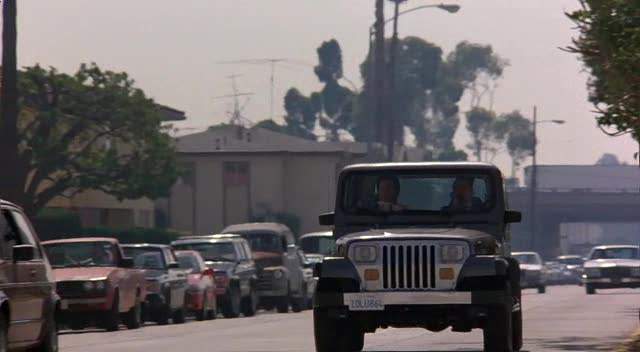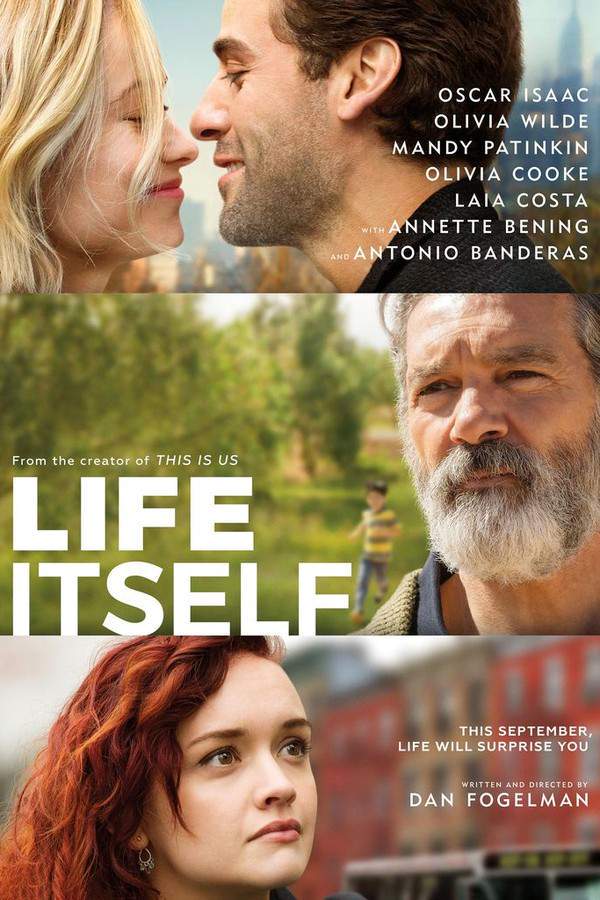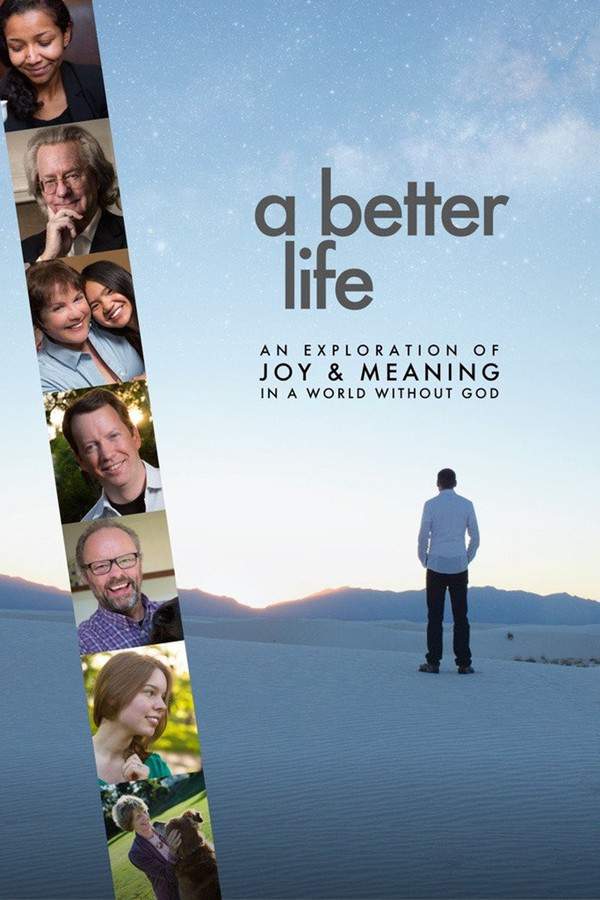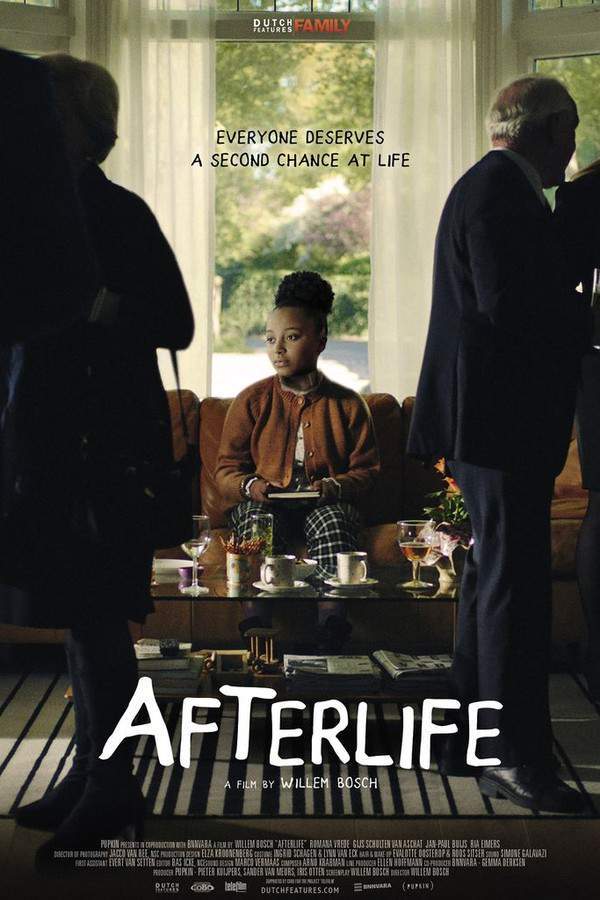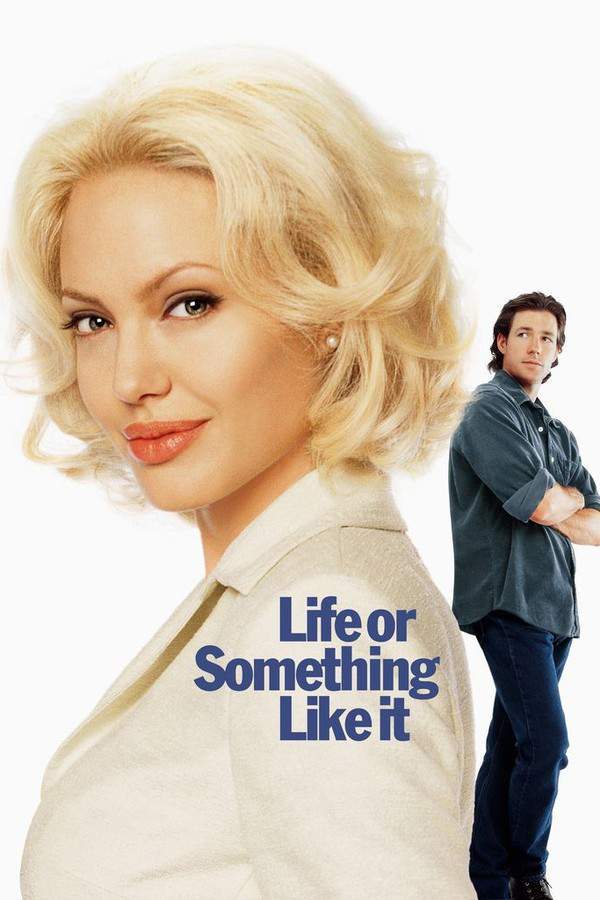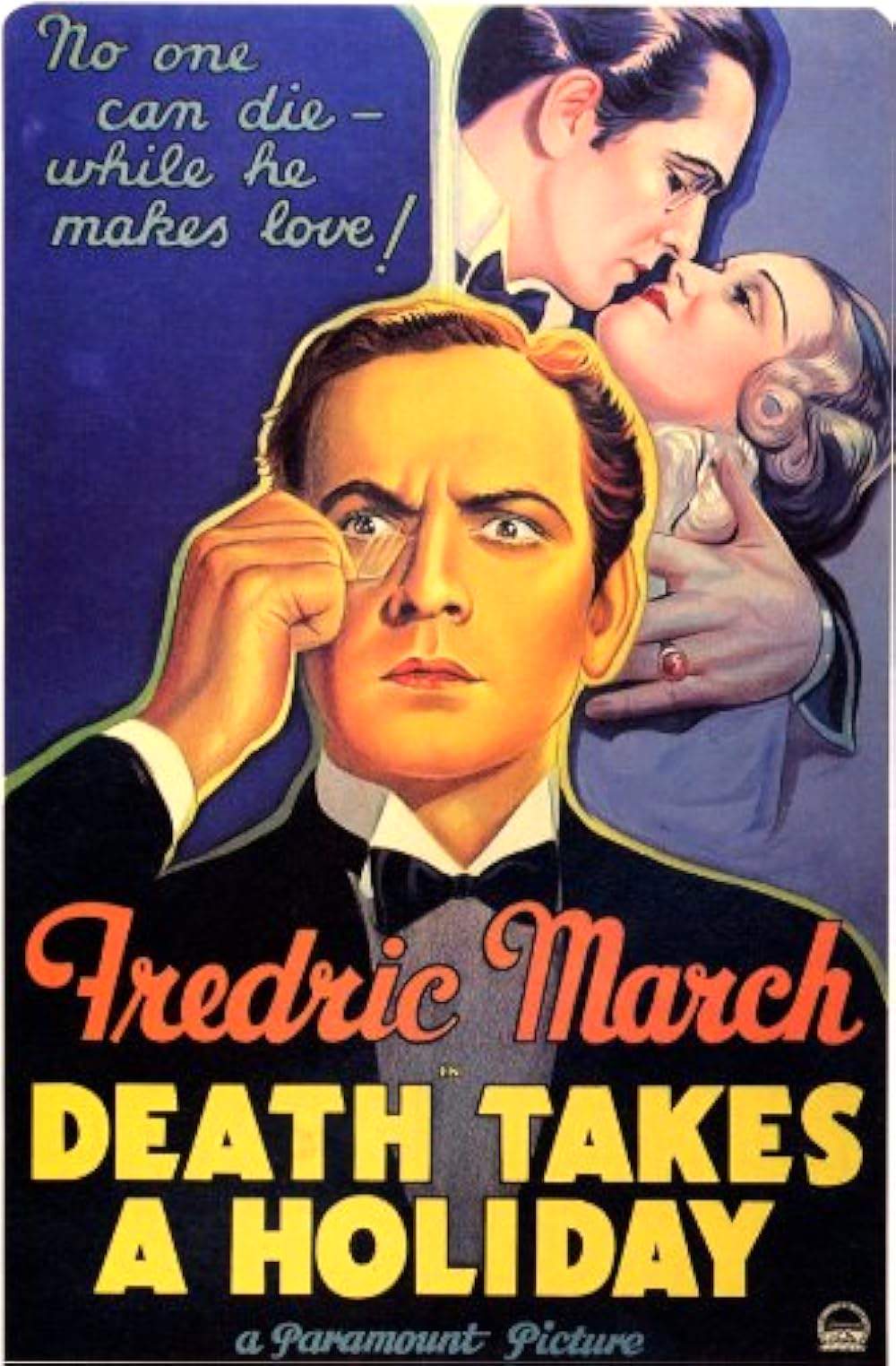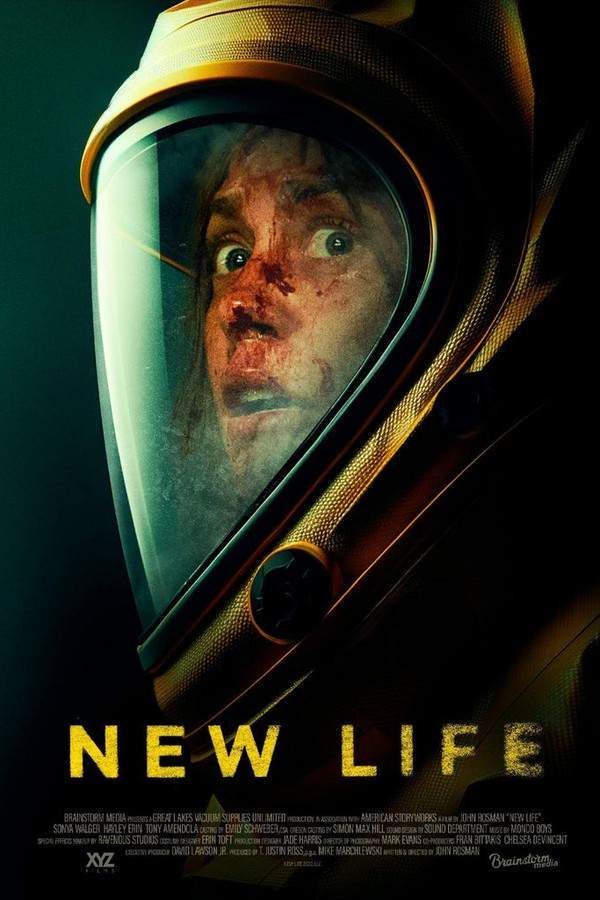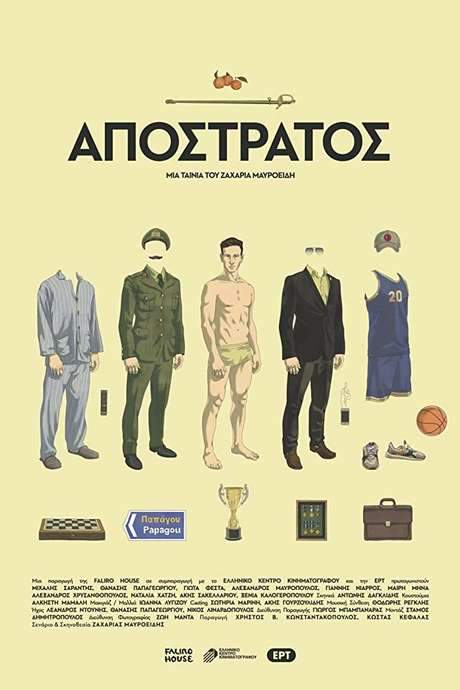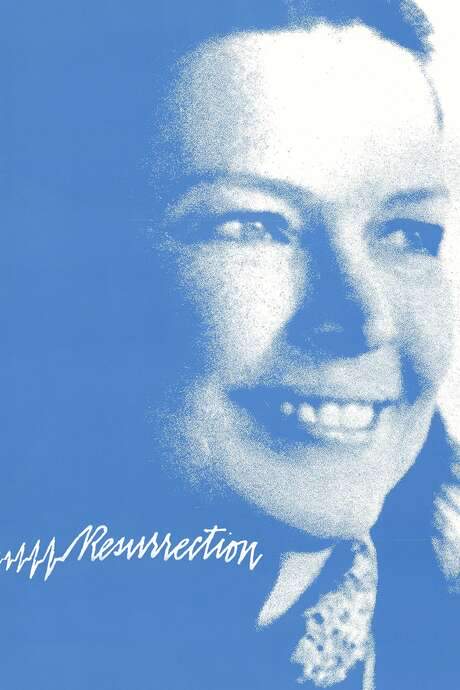Defending Your Life 1991
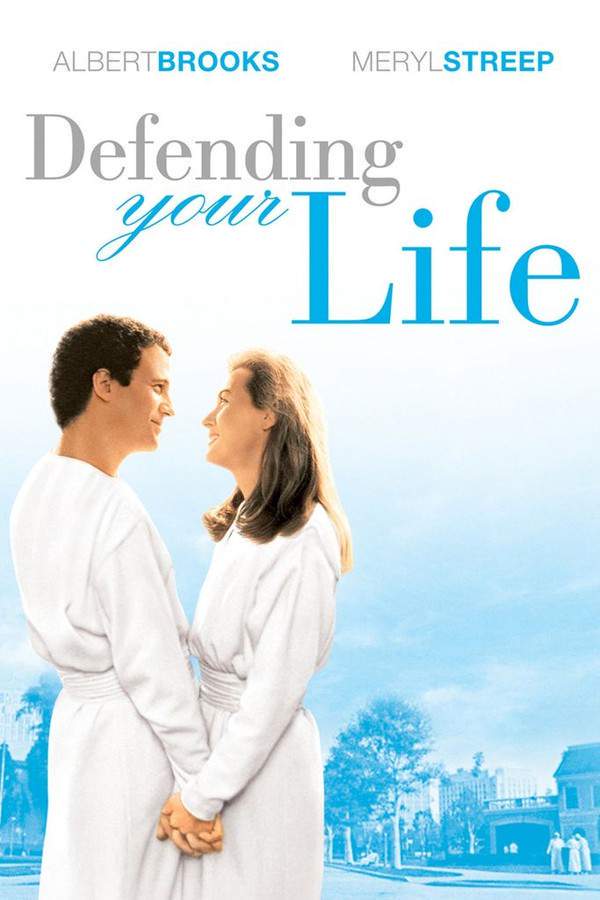
Following a devastating bus accident, Daniel Miller finds himself in a sort of afterlife, where he must defend his life choices. He's forced to confront his past decisions and await judgment. There, he meets Julia, a woman who embodies goodness and virtue. Their unexpected connection sparks a journey of self-discovery for Daniel, challenging the established order of this intermediate realm and offering him a chance at redemption.
Does Defending Your Life have end credit scenes?
No!
Defending Your Life does not have end credit scenes. You can leave when the credits roll.
Meet the Full Cast and Actors of Defending Your Life
Explore the complete cast of Defending Your Life, including both lead and supporting actors. Learn who plays each character, discover their past roles and achievements, and find out what makes this ensemble cast stand out in the world of film and television.
External Links and Streaming Options
Discover where to watch Defending Your Life online, including streaming platforms, rental options, and official sources. Compare reviews, ratings, and in-depth movie information across sites like IMDb, TMDb, Wikipedia or Rotten Tomatoes.
Ratings and Reviews for Defending Your Life
See how Defending Your Life is rated across major platforms like IMDb, Metacritic, and TMDb. Compare audience scores and critic reviews to understand where Defending Your Life stands among top-rated movies in its genre.

63
Metascore
7.3
User Score


98%
TOMATOMETER

83%
User Score

69
%
User Score
Take the Ultimate Defending Your Life Movie Quiz
Challenge your knowledge of Defending Your Life with this fun and interactive movie quiz. Test yourself on key plot points, iconic characters, hidden details, and memorable moments to see how well you really know the film.
Defending Your Life Quiz: Test your knowledge on the themes and characters of the 1991 film 'Defending Your Life'.
What is the primary setting of 'Defending Your Life'?
Judgment City
Heaven
Purgatory
Los Angeles
Show hint
Full Plot Summary and Ending Explained for Defending Your Life
Read the complete plot summary of Defending Your Life, including all major events, twists, and the full ending explained in detail. Explore key characters, themes, hidden meanings, and everything you need to understand the story from beginning to end.
In the wake of a devastating car crash on his 39th birthday, Los Angeles advertising executive Daniel Miller finds himself thrust into Judgment City, an unusual limbo for the recently deceased. This strange afterlife is managed by a cadre of knowledgeable bureaucrats who, having already faced their own existential challenges, regard the newcomers with a mix of condescension and intrigue. As Daniel navigates this enigmatic space, he encounters a variety of amenities designed to provide comfort during his transition, ranging from lavish buffets that tantalize his taste buds without adding any extra inches to his waistline, to bowling alleys that offer a brief escape from his heavy thoughts about mortality, and comedy clubs that serve as a fleeting refuge from the ever-present existential angst that shadows him.
Upon his arrival, Daniel is assigned a defense lawyer, Bob Diamond, who informs him that determining one’s fate in this otherworldly courtroom hinges not on knowledge or life experience, but rather on the ability to confront and conquer one’s deepest fears. According to Diamond, if Daniel can persuade the court that he has triumphed over his anxieties, he will gain access to a higher state of being, where his full mental capacities will be unleashed, allowing him to experience the rich fabric of the universe. Conversely, if the judges find that he remains shackled by his fears, he will be sent back to Earth to begin anew, trapped in a cycle of life marked by the same emotional and psychological struggles.
As the day of his trial approaches, two impartial judges preside over the proceedings while Diamond and the formidable prosecutor, Lena Foster, make their cases through a series of carefully curated vignettes from Daniel’s past that reveal both his achievements and failures. These cinematic glimpses serve to delve deep into Daniel’s psyche, shedding light on the man he was and the challenges he faced.
During his time in Judgment City, Daniel unexpectedly connects with Julia, a recently departed woman known for her unwavering bravery, generosity, and sense of purpose—qualities that starkly contrast with Daniel’s aimless existence. Their bond grows as they explore the various attractions in this surreal city, including the intriguing Pavilion of Past Lives, where they can relive their previous existences and uncover startling contradictions between their former selves and their present.
As the trial unfolds, Daniel’s situation becomes more precarious with each passing day. Foster presents a troubling collection of incidents showcasing his persistent inability to face his fears, supported by a string of poor choices and unfortunate events. In a bid to counter this narrative, Diamond emphasizes Daniel’s moments of “restraint” and “thoughtfulness,” desperately trying to salvage his client’s reputation.
In the climactic moments of the hearing, Julia summons Daniel to spend the night with her—an invitation laden with emotional significance. Although he feels an intense connection, Daniel chooses to uphold his moral integrity, resisting the temptation to act on their desires. The next day, Foster provocatively presents footage from Daniel’s earlier encounter with Julia, igniting a heated exchange and prompting Diamond’s fervent objections.
Foster argues convincingly that this evidence exemplifies Daniel’s inherent fears and lack of courage. Ultimately, the judges decide that he must return to Earth, while Julia is deemed worthy of progress to the next chapter in her journey. As Daniel prepares to say goodbye, Diamond reassures him that the court’s decision isn’t set in stone and that Foster’s victory does not invalidate his worth.
With a heavy heart, Daniel boards the tram that will take him back to Earth, only to be interrupted by Julia’s desperate call from another carriage. Unyielding in his determination to reunite with her, he embarks on an audacious quest, using sheer will to free himself, force open a door, and leap between moving trams, all while battling minor electrical shocks.
Clinging desperately to the outside of Julia’s tram, Daniel pounds on the door in a frantic bid for connection. They exchange fervent declarations of love, as the scene reveals that this emotional reunion is being observed on closed-circuit television by Diamond, Foster, and the judges from the courtroom.
Diamond quips, “Brave enough for you?” which elicits a subtle nod of approval from Foster as one judge discreetly conveys a message to another. In a moment of grace, the tram driver responds, allowing Daniel and Julia to embrace victory together, celebrated by fellow passengers as they move on to the next phase of existence, their love triumphing against all odds.
Uncover the Details: Timeline, Characters, Themes, and Beyond!

Coming soon on iOS and Android
The Plot Explained Mobile App
From blockbusters to hidden gems — dive into movie stories anytime, anywhere. Save your favorites, discover plots faster, and never miss a twist again.
Sign up to be the first to know when we launch. Your email stays private — always.
Watch Trailers, Clips & Behind-the-Scenes for Defending Your Life
Watch official trailers, exclusive clips, cast interviews, and behind-the-scenes footage from Defending Your Life. Dive deeper into the making of the film, its standout moments, and key production insights.
Cars Featured in Defending Your Life
Explore all cars featured in Defending Your Life, including their makes, models, scenes they appear in, and their significance to the plot. A must-read for car enthusiasts and movie buffs alike.
Defending Your Life Themes and Keywords
Discover the central themes, ideas, and keywords that define the movie’s story, tone, and message. Analyze the film’s deeper meanings, genre influences, and recurring concepts.
Defending Your Life Other Names and Titles
Explore the various alternative titles, translations, and other names used for Defending Your Life across different regions and languages. Understand how the film is marketed and recognized worldwide.
Similar Movies To Defending Your Life You Should Know About
Browse a curated list of movies similar in genre, tone, characters, or story structure. Discover new titles like the one you're watching, perfect for fans of related plots, vibes, or cinematic styles.
Quick Links: Summary, Cast, Ratings, More

What's After the Movie?
Not sure whether to stay after the credits? Find out!
Explore Our Movie Platform
New Movie Releases (2025)
Famous Movie Actors
Top Film Production Studios
Movie Plot Summaries & Endings
Major Movie Awards & Winners
Best Concert Films & Music Documentaries
Movie Collections and Curated Lists
© 2025 What's After the Movie. All rights reserved.





